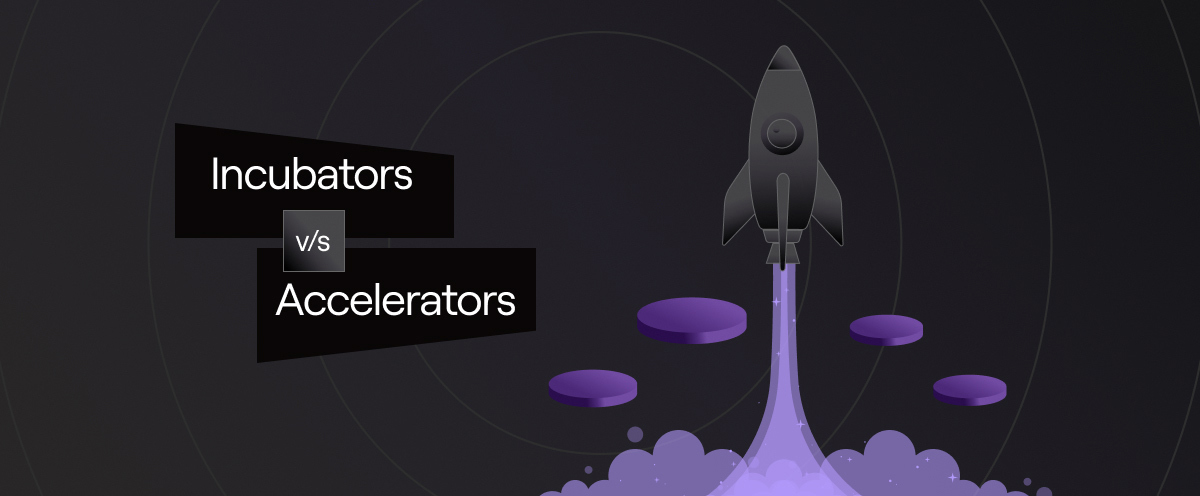Incubators and accelerators are two well-known choices accessible to entrepreneurs, and selecting the appropriate support network is essential for business success. Both provide financial opportunities, coaching, and valuable tools, but they target various phases of a startup's growth and use different methods. Understanding the distinctions between accelerators and incubators is vital, as it can help you make an informed choice regarding the right programme for your firm, giving you the knowledge and confidence to steer the business towards success.
Incubators: Nurturing Early-Stage Startups
Incubators help early-stage companies by giving them a safe space to explore their concepts and provide a solid foundation. Incubators often offer long-term programmes that range from one to five years, giving companies plenty of time to hone their goods, business plans, and marketing approaches. Incubators frequently offer office space, resource access, and guidance from seasoned business owners and professionals in the field. They provide a secure environment to grow without the strain of rapid growth, making them ideal for entrepreneurs in the brainstorming or early development stages.
Accelerators: Fast-Tracking Growth
Accelerator programs are designed for firms that are prepared for rapid scaling and have previously produced a minimum viable product (MVP). These programmes, which typically run for three to six months, are shorter and emphasise networking, quick growth, and rigorous mentoring. Startups usually showcase their products to possible investors during a "demo day," which is the culmination of accelerator programmes. In return for equity, participants get seed money, which supports their development during the programme. The ideal candidates for accelerators are firms that require a push to enter the market more quickly, acquire momentum, and raise more funding.
Choosing the Right Program for Your Startup
The choice between an incubator and an accelerator is based on the demands and stage at which your business is currently operating. An incubator programme could be a better option if a startup business and a concept have to be developed and validated. It offers the time and resources to lay a strong foundation in a caring atmosphere. On the other hand, if a business has a working product and is prepared to grow. An accelerator may provide the comprehensive finance, mentoring, and support required to expedite your growth and expand the market reach of your product.
Maximising Opportunities for Success
Incubators and accelerators play crucial roles in the startup ecosystem, delivering unique benefits tailored to different stages of a startup's journey. By evaluating the startup's current stage, goals, and resource needs, you can pick the program that aligns with your vision for success. Leveraging these tools increases your startup's chances of succeeding in a competitive market, regardless of whether you choose the fast-paced growth of an accelerator or the nurturing atmosphere of an incubator.
Conclusion
In conclusion, understanding the differences between incubators and accelerators enables business owners to make judgments that align with their enterprise's stage of development and expansion. While all the programmes provide helpful tools and assistance, the best match will depend on your startup's present stage and what it needs to accomplish in its following goals.

 July 15, 2024
July 15, 2024






 020383 52700
020383 52700
 info@capsilabs.com
info@capsilabs.com






 London
London
 San Francisco
San Francisco




 020 3835 2700
020 3835 2700
 info@capsilabs.com
info@capsilabs.com